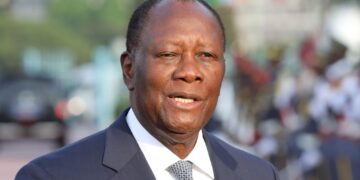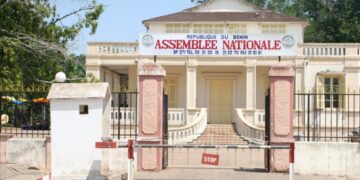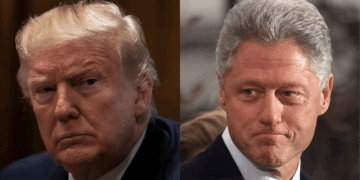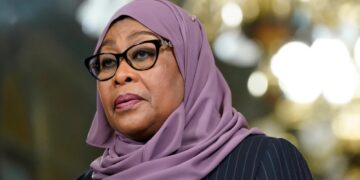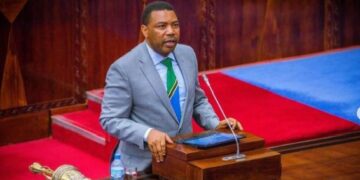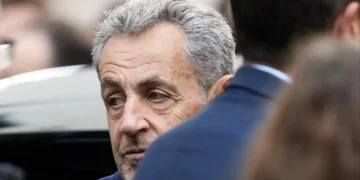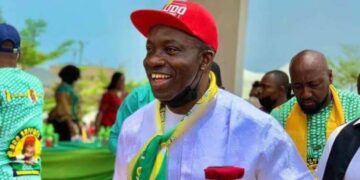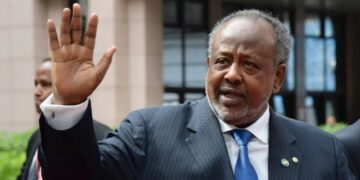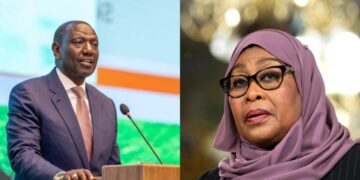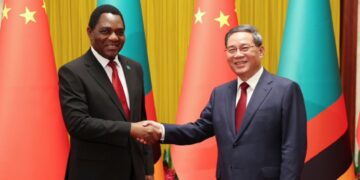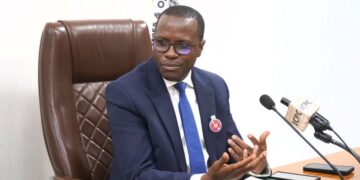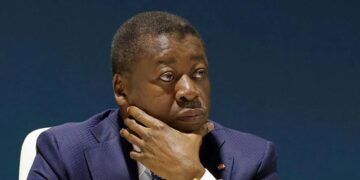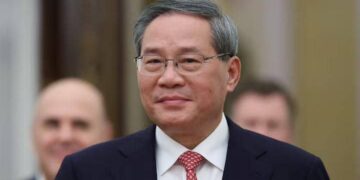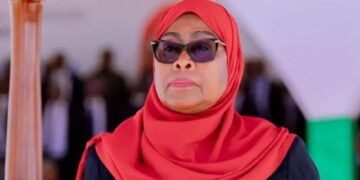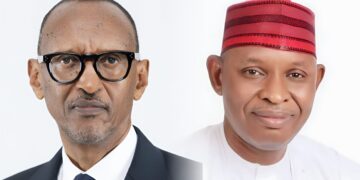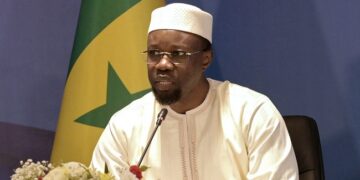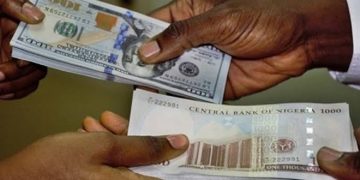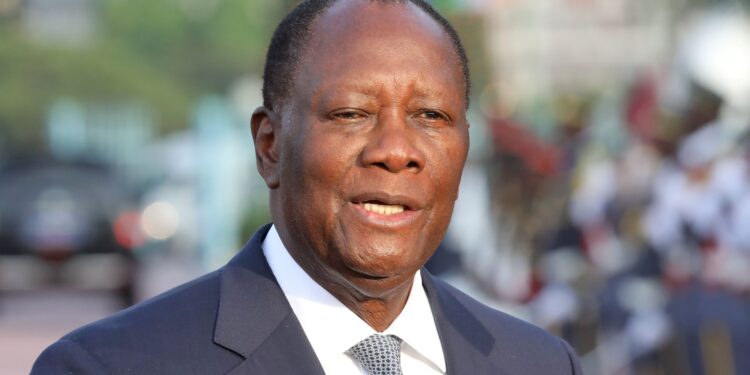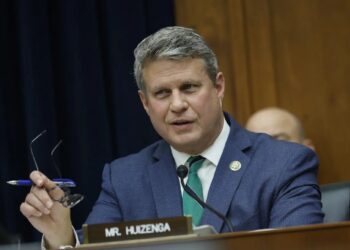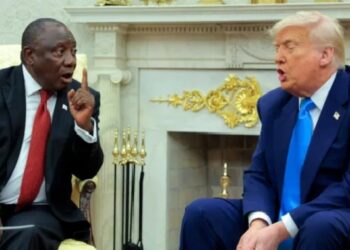By Ebi Kesiena
Thousands of Ivorians took to the streets this week to protest President Alassane Ouattara’s controversial decision to seek a fourth term in office. The demonstrations, the second wave of mass rallies in recent days, were spearheaded by former President Laurent Gbagbo, who has re-emerged as a central voice in the opposition ahead of the country’s October presidential election.
Addressing a sea of supporters, Gbagbo, leader of the African People’s Party–Côte d’Ivoire (PPA-CI), openly denounced the move as a “fourth term” attempt that defies the spirit of the Ivorian Constitution. Though he avoided directly naming President Ouattara, Gbagbo insisted that the bid represented a dangerous and unconstitutional overreach of power. He further called for the immediate release of political activists detained in recent weeks as part of the government’s crackdown on dissent.
President Ouattara, who first came to power in 2010, has long faced criticism for altering the constitutional framework to extend his stay in office. In 2016, he oversaw a constitutional amendment that effectively reset the presidential term limits, allowing him to run for a third mandate in the 2020 elections. At the time, his decision ignited tensions that nearly derailed the country’s democratic process.
Despite mounting opposition, the 80-year-old president formally declared in July that he would seek a fourth term, citing both his health and the Constitution as justifications for remaining in power. He argued that Côte d’Ivoire is grappling with “unprecedented security, economic, and monetary challenges” and that his experience makes him the best candidate to steer the nation through turbulent times.
However, many Ivorians view this explanation as a thinly veiled attempt to cling to power. The opposition accuses Ouattara of undermining democratic principles and narrowing the political space by sidelining rivals. Key political figures such as Gbagbo himself and former Prime Minister Guillaume Soro remain barred from contesting the polls due to court convictions, which critics argue are politically motivated.
While President Ouattara has repeatedly assured that the October elections will be peaceful, analysts warn that the exclusion of major opposition contenders could trigger unrest. Côte d’Ivoire’s history of political conflict, including the post-election crisis of 2010–2011 that claimed thousands of lives, casts a long shadow over the coming vote.
For Gbagbo and his supporters, the rallies are more than just campaign events. They represent a struggle to preserve constitutional order and prevent what they describe as the consolidation of power by a ruling elite. As the countdown to the polls continues, the deepening standoff between Ouattara’s government and a resurgent opposition underscores the fragility of the country’s democratic experiment.
Whether Côte d’Ivoire can avoid a repeat of its turbulent past may well depend on how both the ruling party and the opposition navigate the weeks leading up to October’s critical election.
